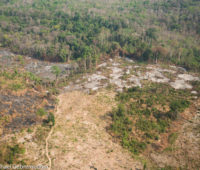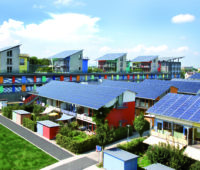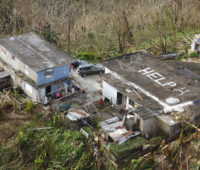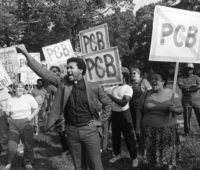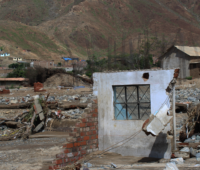Prasenjit Duara makes a strong case for the relevance of the humanities in understanding the human dimensions of environmental and climate change. Multiple aspects of the environmental crisis of the Anthropocene, not least questions of environmental justice in efforts to adapt to and mitigate climate change, can be engaged through humanistic inquiry. With a focus on Asia, Duara argues that questions of identity, representation, religion, ethics, knowledge systems, and more—central concerns of the humanities—are deeply embedded in imagining how to respond to present environmental challenges.













